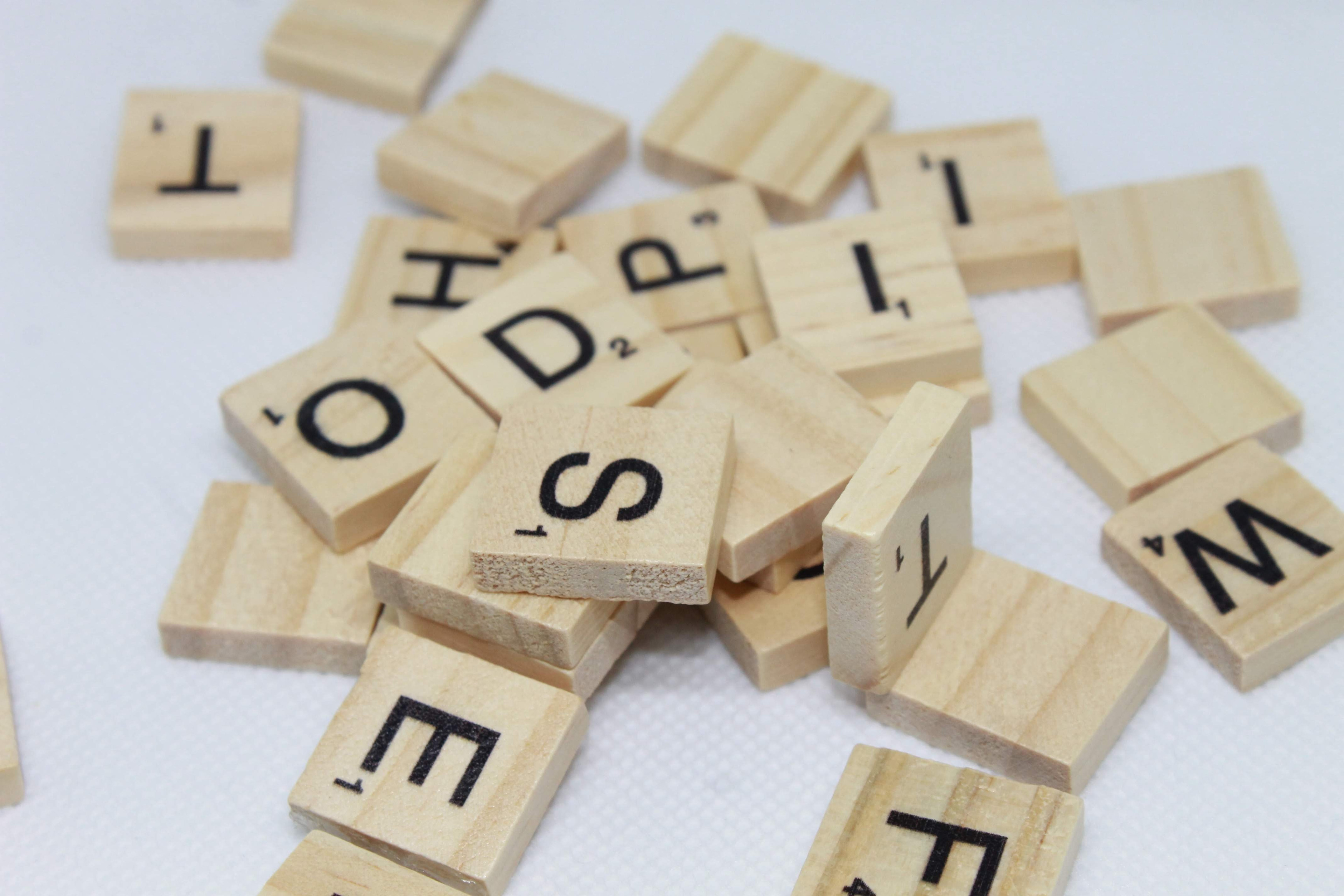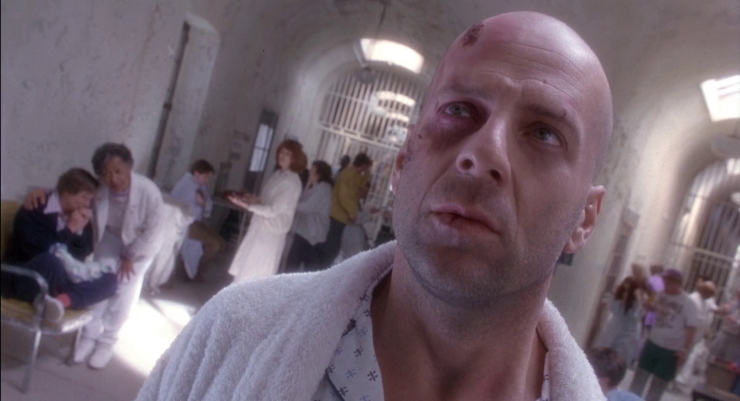What is a Euphemism? Definition & Examples
- Definition of euphemism: what is it?
- What is dysphemism?
- Why use euphemism in writing?
- Examples of euphemism
- Improve your writing with euphemism
A euphemism is an indirect expression to avoid a direct reference or a straightforward term. We commonly resort to this kind of language to be polite, to soften the blow or to downplay an issue.
Well-known euphemisms mask their meaning only on the surface and allow us to mention something in passing without resorting to profane or offensive language.
Euphemisms often refer to taboo subjects, such as death, finance, sex, bodily functions or shame, stigma and anything that carries an embarrassing or unpleasant connotation.
In your creative writing, you can use this literary device to vary your phrases, create witty dialog, establish a time period or alter the tone. The following definition and examples of euphemisms show how these indirect expressions can be used in your writing.
Definition of euphemism: What is it?
Euphemisms can be single words or whole phrases. In either case, a euphemism is an expression that substitutes another to refer to the same thing, though in a less offensive, less direct or less crude way. A euphemism paraphrases, not for clarity, but to mask profanity or a touchy subject.
Euphemism can use a similar sounding word, for example, “darn” instead of “damn”,” jeez” instead of “Jesus”, and “gosh” instead of “God.” Paraphrasing an unpalatable topic, this figure of speech uses soft or flowery language to create an indirect expression. We typically say “passed away” instead of the blunter “died”.
Because a euphemism can cage foul language, we might confound it with innuendo or double entendre. The former is an insinuation or allusion. An innocent statement hints at a different meaning: “I know him very well” might mean “intimately.” Double entendre has an obvious and inoffensive meaning and a more suggestive or lewd double meaning.
Boords is storyboarding software built for studios & agencies
Create consistent storyboards fast, iterate quickly, then share for feedback.
Try Boords FreeEtymology of the word
The origin of the word euphemism is the Greek euphemia for “words of good omen” and euphemos for “auspicious” — the prefix eu signifies “good,” while phēmē refers to speech, voice, or speaking. The Greek euphemismos describes the use of favorable expressions instead of crude ones, which goes back to the superstitious avoidance of words of ill-omen, especially during religious functions.
It’s straightforward to trace back the word to its Greek roots across other languages in the Indo-European language family: euphémisme in French, euphemismus in German, and eufemismo in Spanish and Italian.
Pronunciation differentiation
The pronunciation of euphemism is YOO·fuh·miz·um, with the stress on the first syllable, ˈju. A common, minor mispronunciation is to isolate the last syllable as ‘ism’ (eu-phem-ism instead of eu-phe-mism).
What is dysphemism?
Dysphemism is the exact opposite of euphemism in which a disparaging word substitutes for a more neutral one. The speaker is usually aware of the connotation and uses dysphemism to offend or insult and express dislike, hate, contempt, or vulgar humor. Hate speech often uses dysphemism.
Many swear words, such as animal names or body parts are dysphemisms. Further examples are “boneyard” for a cemetery, calling a therapist a “shrink”, or referring to the death of someone by saying, “the old hag has finally croaked.”
The distinction between neutral expressions, euphemism and dysphemism might depend on perspective, context, and etymology. A “gratuity” is a small gift and an older word than its dysphemism “tip,”, which we widely use today; gratuity is therefore not a euphemism for a tip. “Collateral damage” is a euphemism for incidental death, loss or damage. Yet, it’s also a dysphemism when it refers to human life since it’s largely considered disrespectful.
We might consider “sexual intercourse” as a neutral, even clinical term for sexual activity, yet we often opt for the euphemism “making love” to convey a sense of emotional bonding as well. The dysphemism “bumping uglies” however makes it sound like a much more carnal act.
Why use euphemism in writing?
The use of euphemism in everyday conversation is fairly common and follows social norms for politeness, tact, and acceptable humor. In your writing, you’ll also want to use expressions that fit the situation, tone and context.
Audiences today might find few things shocking but avoiding offense and paraphrasing expressions is still a frequent reason for euphemistic language in your writing. Creative euphemisms engage readers more than “neutral” phrases and allow you to write appropriately for a specific audience or age group. Sex scenes are probably the number one reason writers resort to indirect expressions and particularly the romance genres have lists of euphemisms that “go all the way” and then some.
Whether you’re writing a screenplay or a novel, you can show a lot about how uptight or foul-mouthed a character is by the way they talk. Whether it's blunt bathroom humor, fear of intimacy or social anxiety, there are euphemisms and dysphemisms you can match to the traits of your character.
Language is also constantly evolving, along with social norms. In historic fiction, the language should match the time period. But the setting of your writing can also influence the euphemisms you choose. Be mindful of the vernacular and choose phrases that match British or American English.
While most writers don’t pen new words, figurative language can be the next best thing. Euphemisms enable you to avoid repeating yourself and improve your writing with variety and creativity. When you're world-building for your creative fiction, consider how the characters of your world would speak euphemistically to create vivid images.
Examples of euphemism
The following example sentences from literature and movies will further demonstrate the use of euphemism in writing.
Literature
The British writer George Orwell observed in his essay On Politics and the English Language, written in 1936, that the "phraseology" of over-used or empty euphemisms distances us from the subject matter.
In his novel 1984, Orwell used euphemistic expressions to portray a dystopian society: "newspeak" is another word for propaganda, and "joycamp" describes a forced-labor camp. This kind of white-washing of language is ultimately dehumanizing and the reason we criticize the use of "enhanced interrogation" for "torture" or "lower socio-economic background" for poverty.
William Shakespeare went to great lengths to avoid the censorship of the Elizabethan period. The playwright had to steer clear of risky political topics and used innuendo and euphemism to appeal to an audience comprising of different social backgrounds. "The beast with two backs" from the play Othello is a vivid description of a couple engaged in intercourse and a euphemism for sex still known today. In other instances, Shakespeare uses "wit" to refer to penis, "pie" for vagina, and “goose” for prostitute.
The Catcher in the Rye by J. D. Salinger, published in 1951, uses “giving the time” as a euphemism for having sex. The main character, Holden Caulfield, wants to know if Stradlater, who is a predator, had sex with his date, but can only bring himself to ask indirectly: “‘What’d you do?’ I said. ‘Give her the time in Ed Banky’s goddam car?’”
Get your FREE Filmmaking Storyboard Template Bundle
Plan your film with 10 professionally designed storyboard templates as ready-to-use PDFs.

Film
On the phone with Edward Rooney in Ferris Bueller's Day Off, Cameron Frye says, “Pardon my French,” before insulting the dean of students. This common English phrase as an excuse for profanity appears in many movies and TV shows, of course. French in this case is a euphemism for foul language, presumably because French is full of innuendo.
In Forrest Gump, Forrest’s mother can’t bring herself to say that her husband passed away, so she tells her son that his father is “up there,” referring to heaven. The Hunger Games features a gruesome euphemism: “the reaping” refers to the annual sacrifice of children. Whenever there is a reference to his weight, Eric Cartman in the animated series South Park protests with a euphemism: "I'm not fat, I'm big boned."
Euphemisms for sex are common in film and TV. The show, The Dating Game, popularized “making whoopee.” In The Breakfast Club, Bender talks about "a game of hide the salami" and "the hot beef injection”, arguably dysphemisms. In The Mask, the main character uses the lines "I will spread your pate" and "I will dip my ladle in your vichyssoise" paired with a French accent in an attempt at seduction.
Edited movie versions can touch up dialog lines to bring down the rating, for example, for a TV audience. Euphemisms typically replace swear words, such as “sheesh” for “shit”. Sometimes, these substitutions can have comical results, intended or otherwise, when “squid” replaces “shit” or “melon farmer” substitutes “motherfucker.” The following is an example from The Big Lebowski: “Do you see what happens when you find a stranger in the Alps?"
Everyday language
Apart from “doing it”, many common euphemisms refer to bodily functions and the bathroom. “Toilet” itself is a euphemism from the French toilette for a small towel. “Lavatory” comes from the Latin lavare for washing, and washroom, restroom, bathroom, or water closet are all euphemisms—as are “number one” and “number two.”
Other indirect expressions we use often are “between jobs” for unemployed, “had one too many” for drunk, “with child” for pregnant, and “seasoned” for old.
Improve your writing with euphemism
Euphemism allows you to talk about subjects in a more delicate or appropriate way to avoid a restrictive rating or limiting yourself to a narrow audience. With knowledge of dialect and historic background, you can place your characters in a time and place or give them very specific traits. The vivid imagery of euphemistic creative writing keeps things interesting for your readers.
Match your phrases to the general level of abstraction of your writing and be mindful of the amount of figurative language overall. Both overuse and vague phrases will confuse your audience. Be specific and concise, and examine your euphemisms to ensure they get your message across.






